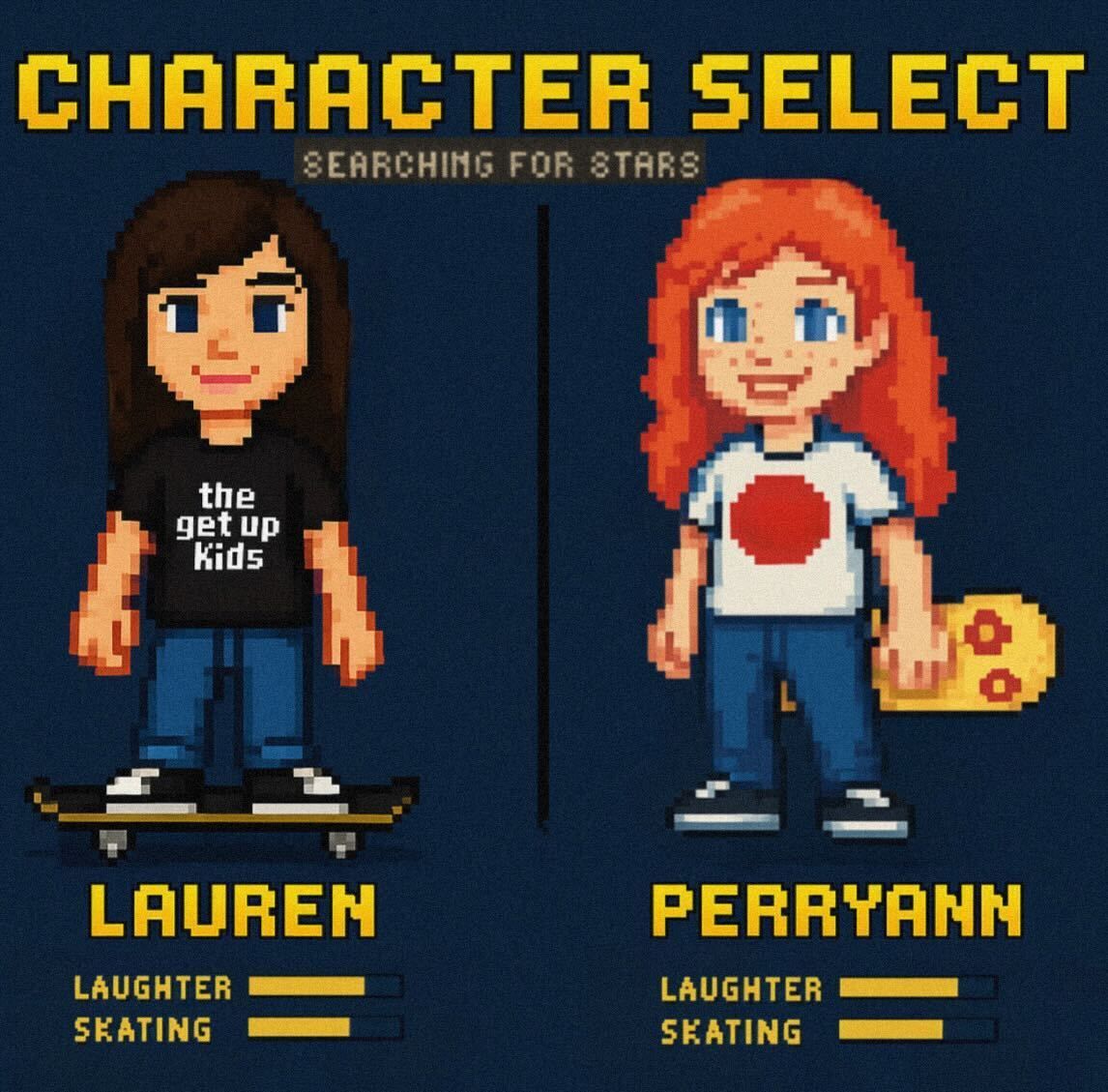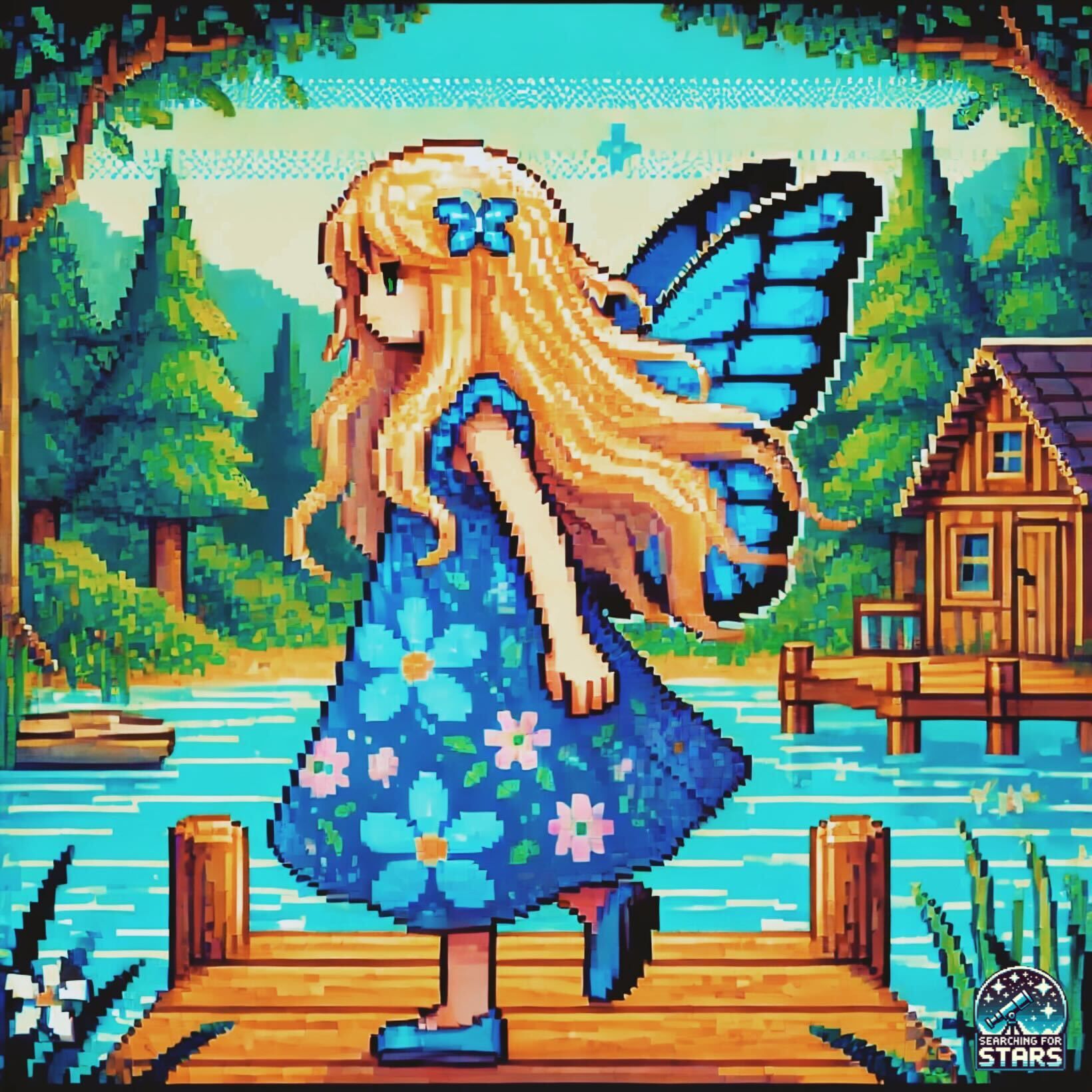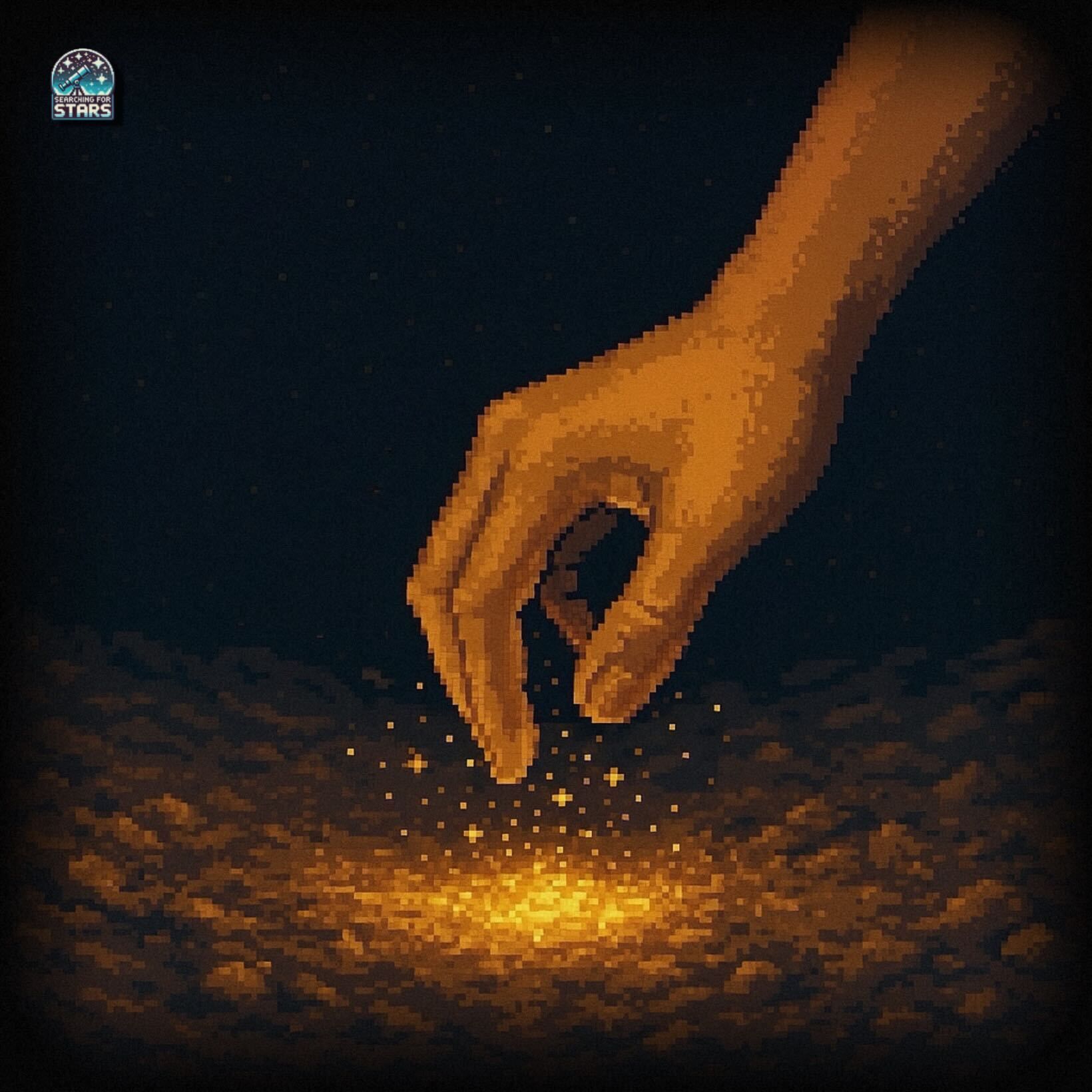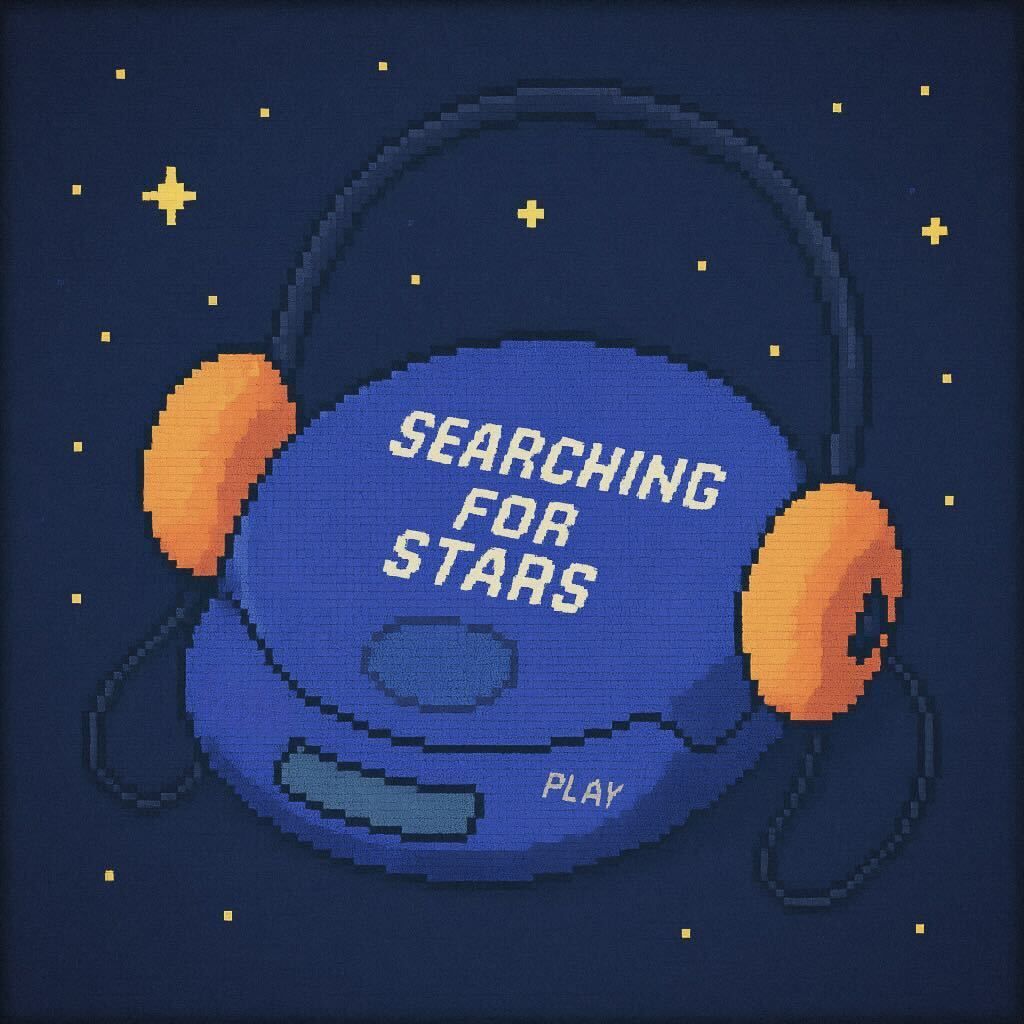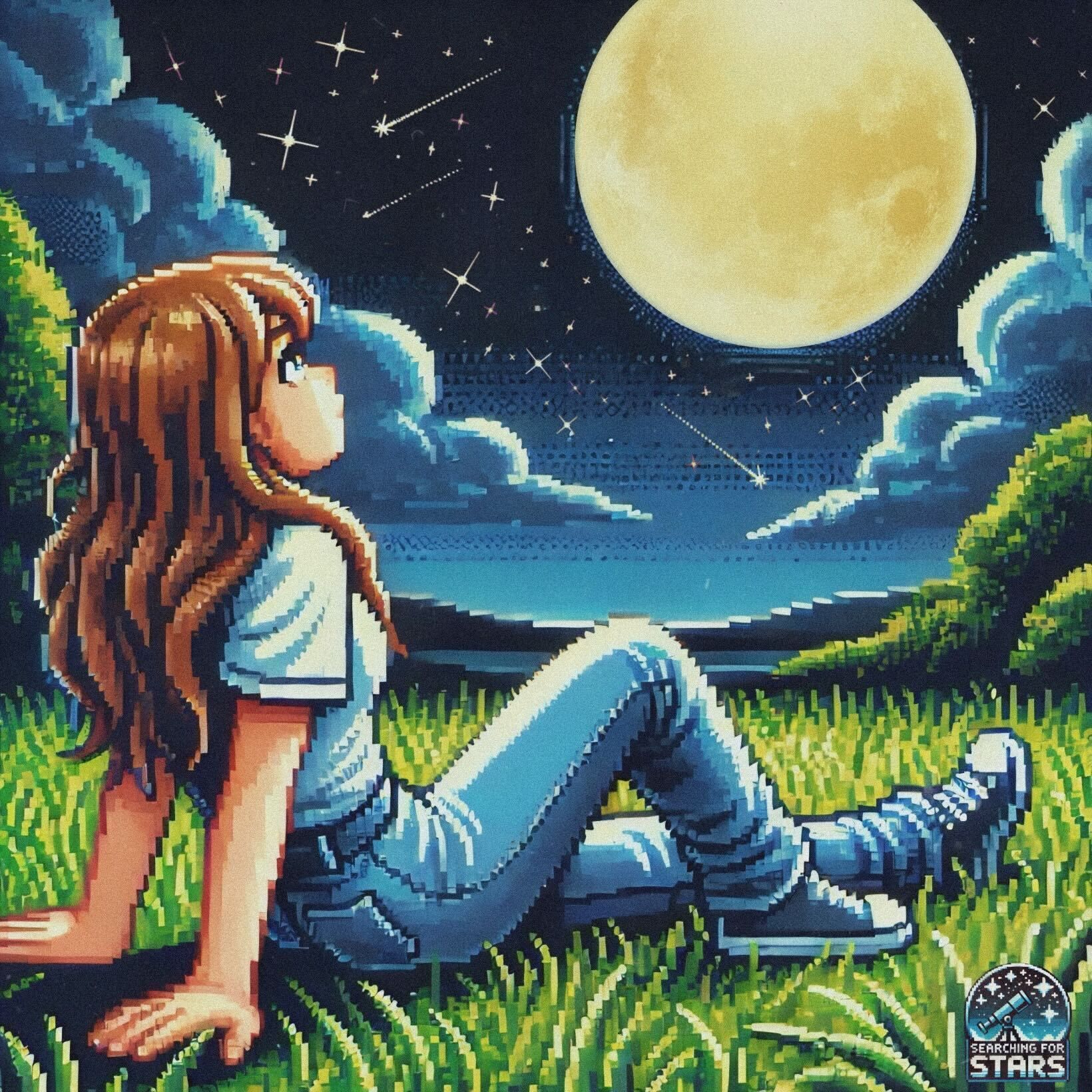The Help: Light on the Other Side of the Tracks
Bob Dylan: Don't Think Twice, It's Alright
Film: The Help
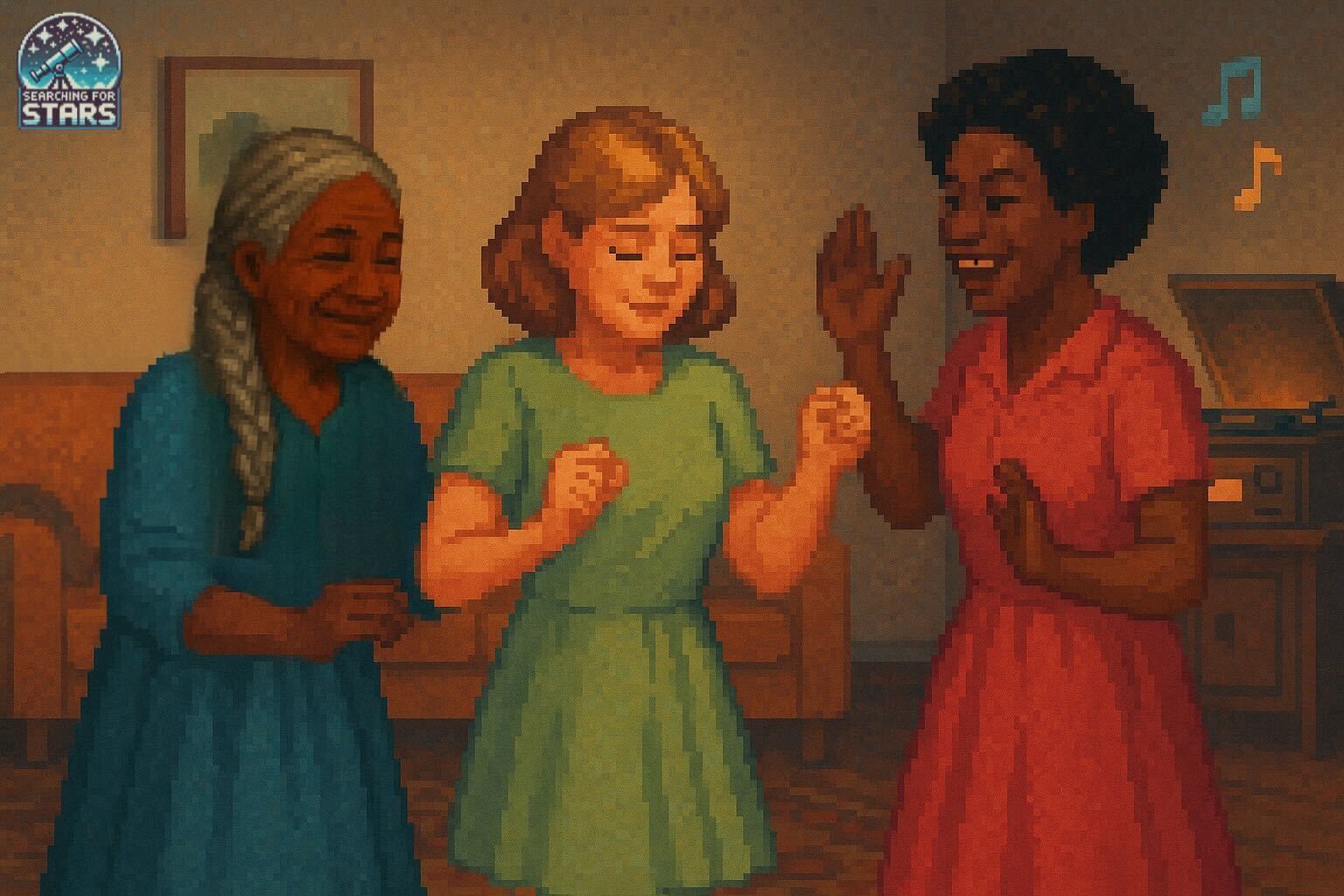
The first time I saw The Help, I wasn’t expecting to cry.
But somewhere between the gospel hum of the soundtrack and the image of Skeeter with her notebook clenched like a lifeline, I felt something rise up in my chest—familiar and tender. Not just because the story was powerful. Not just because it was true. But because I’d lived inside it. Because I’d known that kind of woman.
Because I was raised by her.
My mom wasn’t born in Jackson, Mississippi—but she could’ve walked onto that set and nobody would’ve batted an eye. She had the same blonde hair, the same stubborn fire. A little awkward, a little too outspoken for her time. But kind, and quick-witted, and dangerous in the best way.
She never once tolerated racism. Not from strangers. Not from family. Not from anyone. And when people said things they shouldn’t, her face would shift in this very specific way—eyes wide, jaw clenched, fists curling like thunderclouds in her lap. You could feel the air change around her. She didn’t need to scream. She didn’t need a podium. She just had to look at you.
And you knew.
⸻
My mom’s name is Liz. And long before I was born, she made a best friend named Beverly.
They met as girls in Hilltop Lakes, Texas—a little place tucked between trees and cattle fields, where the roads curve like whispers and secrets. Liz was visiting her aunt Opie, who had a well-kept house and a woman who worked for her named Mabel Young. Everyone called her Shanny.
Shanny didn’t just work for the family—she was family. Revered, respected, radiant in every room she entered. And one summer, she brought her niece Beverly with her. Just two girls on a porch, drawn together by timing and sweetness. That’s how it started.
Liz and Beverly. A white girl from Houston. A Black girl from the flats. Girls who became sisters before the world had a chance to tell them they couldn’t be.
⸻
They grew up together—Liz and Beverly. From summer visits to school days, from learning to dance in living rooms to running drills on the same basketball team. What started as a summertime bond turned into a lifelong sisterhood. And when they grew up, had children of their own… the story circled back.
Because Beverly had a daughter named Chloe.
And my mom had me.
We were born just months apart. Raised like cousins, like sisters. Like we had always belonged to each other. Chloe was my first best friend—the kind of friend who exists in your memory before memory even begins. We played, we laughed, we ran through the flats like the world belonged to us. My mom used to call us the Giggly Goo Girls because we couldn’t stop laughing when we were together—late nights, sleepovers, kickball in the heat, storytelling until the stars blinked on.
We didn’t know, then, what it meant to be divided by tracks. We didn’t see “town” and “flats.” We saw each other. That was the gift our mothers gave us.
But the world still whispered. And sometimes, it said things it shouldn’t.
⸻
My mom remembers it clear as day—standing in the living room, all arms and nerves, while Shanny and Beverly tried to teach her how to dance.
She doesn’t remember which song was playing. Maybe something on the radio, maybe a record. But she remembers the rhythm of the room. The sound of their laughter. The warmth in their voices as they tried to get her to loosen up, to feel the beat instead of overthinking it.
Shanny, with that patient grace. Beverly, with a grin that could light up every corner of a house. And my mom—this young, white girl in a small Texas town—just wanting to get it right. Wanting to show them how much she valued this. How much she valued them.
She didn’t grow up in a racist home. That much she made sure I understood. But it was moments like that—standing barefoot in front of women she respected—where the real learning happened. Where connection moved past theory and into motion. Into memory. Into something that still lives in her body when she talks about it today.
⸻
At one point in Chloe’s childhood, Shanny lived just down the street from her.
She was Chloe’s great-aunt, and one of the wisest, kindest, most graceful women I’ve ever known. She had long white braids and this powerful quiet about her—like she was carrying history in her spine and peace in her hands.
She sold things to the neighborhood kids. Pickles. Popsicles. Sodas. It wasn’t a big operation, but it meant something. It gave us a place to go, a reason to knock on her door. She called it teaching us responsibility. Looking back, I think she was also teaching us respect, presence, and how to hold space for one another.
She was beautiful. Truly beautiful. And I remember thinking—even as a kid—that if I could grow up to be like anyone, I wanted to grow up to be like her.
⸻
There’s something my mom told me not long ago—something we still don’t fully understand. And it stopped me cold.
Mabel’s last name was Young. And so was my great-grandfather’s.
It’s possible—maybe even likely—that once upon a time, those names came from the same place.
And if that’s true, then somewhere down the line, someone in my family may have owned someone in hers. And I don’t know what to do with that. I don’t know how to hold it—except with both hands and trembling grace. Because if that’s true…
Then one of the most beautiful women I’ve ever known might’ve come into my life because of something cruel.
But what she gave me was anything but cruel.
What she gave me was light.
⸻
There’s a kind of ache that grows louder with age—the kind that shows up when you start looking back at the people who raised you, the places that shaped you, and the names that echo through your bones.
I hear it sometimes in the songs I grew up on. The ones my mom loved. The ones Beverly played. The ones that somehow stitched themselves into the air of Hilltop Lakes and Normangee and all the backroads in between.
And then there’s Dylan.
Don’t Think Twice, It’s All Right never played during any of this—not out loud. But somehow, it plays underneath it all. That gentle ache in his voice, that slow resignation, that worn-out grace—it carries the same weight I’ve felt when reckoning with history, with family, with the brokenness we inherit and the light we choose to pass on anyway.
That song sounds like the moment after a hard truth, when you exhale and move forward with love anyway.
⸻
I still carry the image of Shanny in my heart—those long white braids, that knowing smile, the way she gave to the neighborhood without ever raising her voice. She was grace in motion.
And I still want to be like her.
Not just in looks. In presence. In purpose. In how I pass down love. In how I teach my own kids what respect really means. In how I hold space for stories that came before me, even the hard ones. Especially the hard ones.
If I’m lucky—if I live long and right—maybe I’ll be the old woman with long white braids someday.
And maybe some kid will ride their bike up my driveway, ask for a popsicle, and feel what I once felt.
Seen.
Safe.
Loved.

